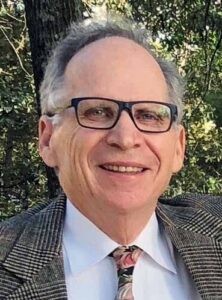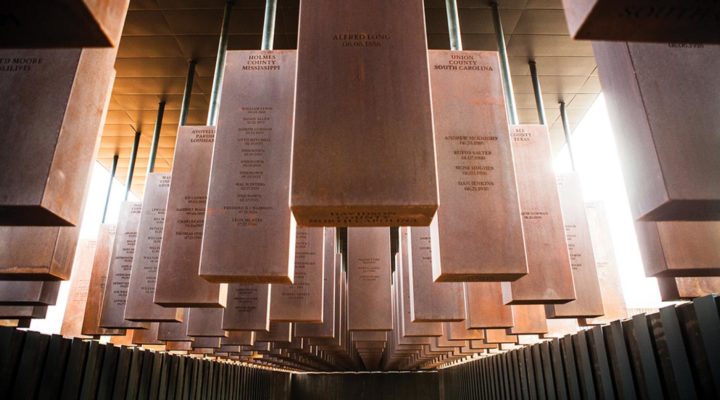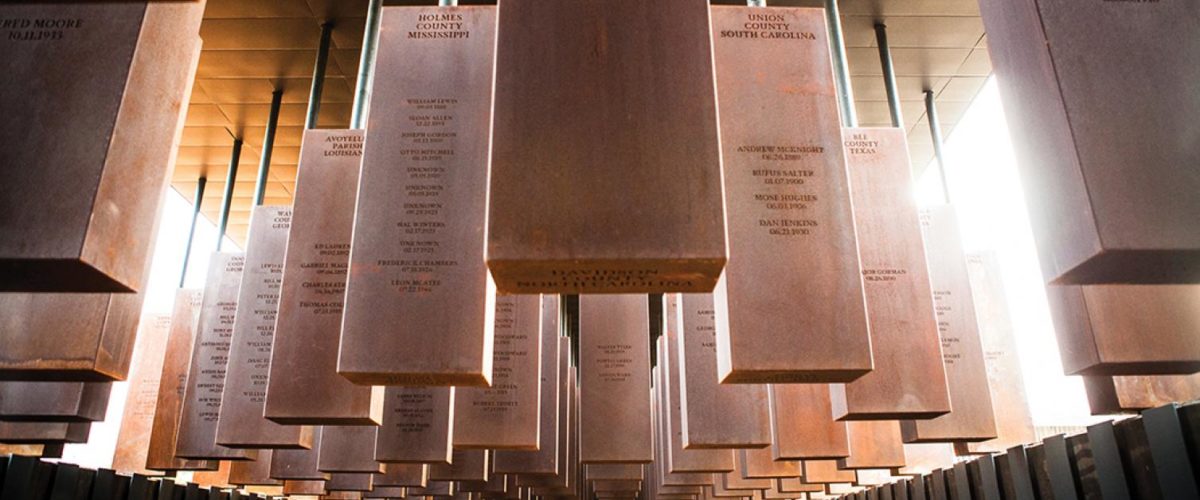We have seen the backlash against all things “woke,” a word and movement that means to become “awakened” to American history, particularly as experienced by Black Americans.
The word “woke” itself, and its supporters, have been criticized as jargonistic, left-wing and even communistic. Critics of the jargon aspect have included, perhaps surprisingly, James Carville, political consultant and strategist for many Democratic candidates for public office.
He and other critics also are experiencing the “wrath of woke” from those who acknowledge some jargonistic tendencies (what mottos don’t become jargon?), but still hold to a connection between a genuine “awakening” to American history and the racial injustice experienced by Black Americans.
Racial history, then, is American history, not merely “Black history” because it has involved all Americans — and still does.
“Racial history, then, is American history, not merely ‘Black history’ because it has involved all Americans — and still does.”
Now, similar criticism is being levied against the study of America’s other racial myths and lies as well as those about Black Americans. The weapon most frequently used to bludgeon the findings of research into our racial myths is called Critical Race Theory. It calls these studies of our history “revisionism,” or a “rewriting of history” when it should be called a “correction of America’s historical racial record.”
Admittedly, it is difficult to define Critical Race Theory. However, looking at contrasting themes can help us understand it. For example, was the Civil War fought over states’ rights or slavery?
Insight can be found in the Articles of Secession that were written by several states to explain why they left the United States of America, and further documented several times in their Constitution of the Confederate States of America. Slavery was the “right” lurking, but hidden, within the misleading claim of states’ rights.
Were the leaders of the Confederate states heroes or villains? Most white Southerners were taught in school and church to view Robert E. Lee, Thomas “Stonewall” Jackson and many others as heroes. Another look finds them fighting a civil and military war to destroy the United States at a cost of more than 700,000 lives and untold critical injuries and destruction of property. All this was to defend and promote slavery. Why would such people be called “patriots”; instead, a closer description of their actions would be as traitors to America.
“Why would such people be called patriots?”
Is Christopher Columbus worthy of a national holiday? We rarely hear of his enslavement, torture and murder of human beings in his badly misnamed “discovery of America” myth. But we probably haven’t read his own journal entries indicating those very things in his treatment of indigenous peoples, such as the friendly Arawaks of the Bahamas.
These and other less-than-holiday-worthy genocidal exploits are leading states and localities to drop Columbus Day and celebrate Indigenous Peoples’ Day instead. Racism is Columbus’ oft-hidden legacy to American Indians who rightly view him as a villain.
Native Americans of the 574 tribes recognized by the United States have their own history with governmental racism and situational genocide. Some candidates for that status are clear, others seem more subtle.
Clearly genocidal were the military massacres at Wounded Knee and Sand Creek and the forced migration and ethnic cleansing by Death Marches over the Trail of Tears. Less obvious to us today were the removal of native children and placement into “boarding schools,” the abuses of the Spanish Missionary Project that often enslaved its congregants, and the innocent-sounding California Gold Rush that excluded native peoples.
If we must choose between Critical Race Theory and History 101 — and perhaps we should — the use of the former to destroy the latter has been exposed. The mere words “Critical Race Theory” are burdened with emotional biases, intentionally so. History 101 offers us a child-like interest and excitement about learning about America’s past that Critical Race Theory never can give. It isn’t even meant to do so.

Russell G. Waldrop
Russell G. Waldrop is a retired pastoral counselor in Waynesboro, Va., and serves as first vice president of the Waynesboro branch of the NAACP.
Related articles:
Could you win a quiz show by defining ‘Critical Race Theory’? | Analysis by Mark Wingfield
How the oldest American lie sustains our racial malaise | Opinion by Richard T. Hughes
‘God bless white America’: Why we need to overturn white racial mythologies | Opinion by Greg Garrett


